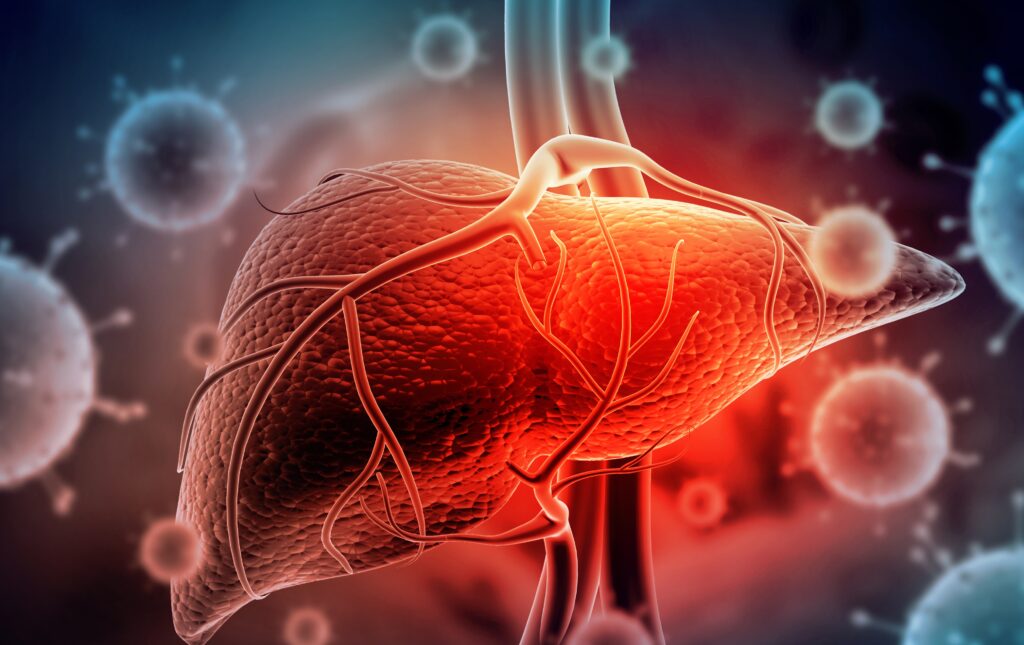
World
Hepatitis Day is observed annually on July 28th to increase the awareness of
viral hepatitis.
Viral
hepatitis is an infection that causes liver inflammation and damage.
There are five main strains of the hepatitis virus — A, B, C, D, and E. Together, Hepatitis B and C are the most common, causing 1.1 million deaths and 3 million new infections each year.
Common
symptoms of hepatitis are:
- fatigue
- Flu-like
symptoms - dark
urine - pale
stools - abdominal
pain - loss
of appetite - unexplained
weight loss - yellow
skin and eyes, which could be a sign of jaundice.
The ways to
prevent or reduce the risk of having hepatitis vary depending on the type of
the virus. There are vaccines available to prevent hepatitis A and B.
Autoimmune hepatitis cannot be prevented.
The risk groups for viral hepatitis B and C include healthcare professionals, people with multiple sexual partners, and intravenous drug users. Blood transfusion is a rare cause of viral hepatitis.